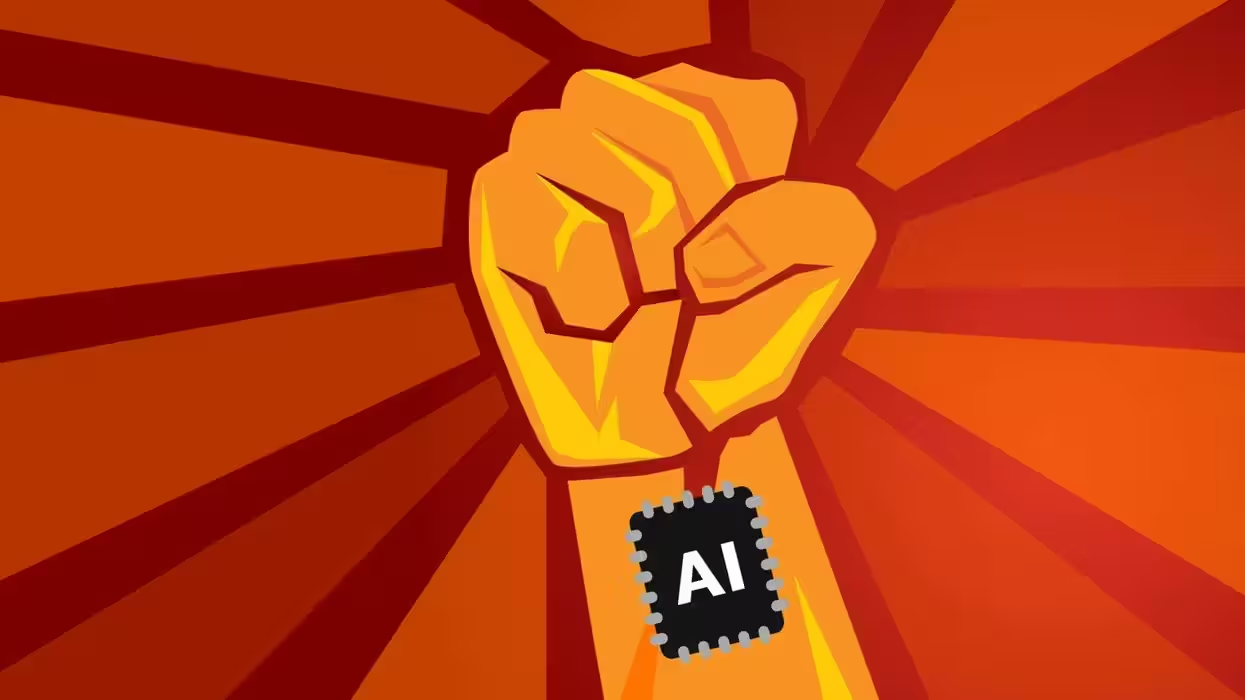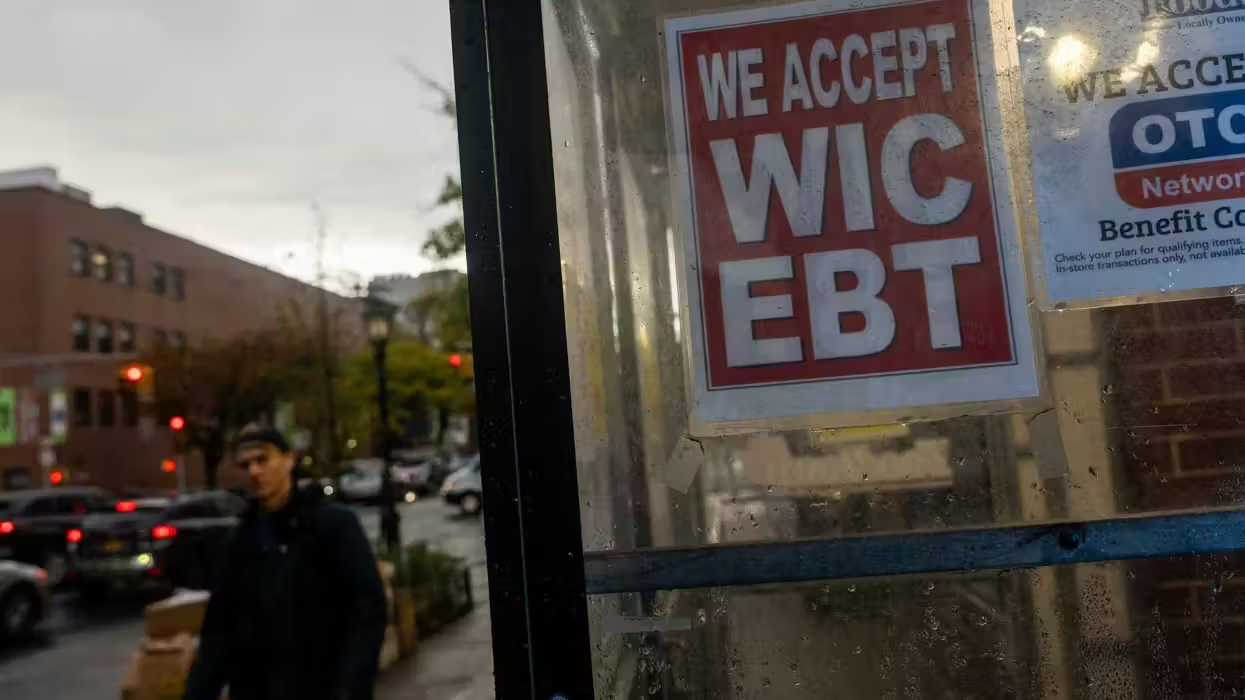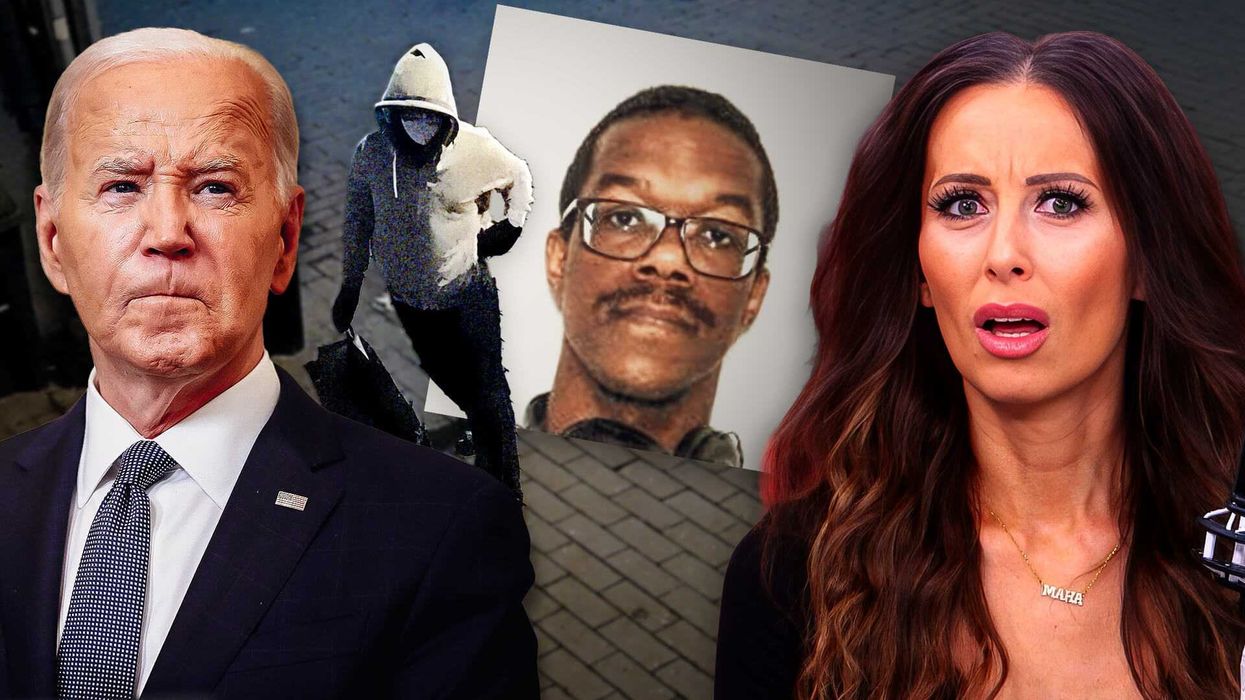The Democratic National Committee voted Saturday to limit the influence of superdelegates as part of a series of reforms to the presidential nominating process. The reforms came in response to a difficult 2016 primary process.
What does it mean?
The reform requires superdelegates to “refrain from voting on the first presidential nomination ballot, unless a candidate has enough votes from pledged delegates,” Fox News reported.
Superdelegates are some of the party’s highest-profile members and include governors, Congress members and mayors. They represent 15 percent of the overall delegate count. Unlike pledged delegates, they are not locked to a candidate.
The reform means that during the initial vote, candidates can only count on delegates they won during state primaries and caucuses. If a second ballot is needed, superdelegates could then step in.
Supporters of the superdelegate system believe it offers greater diversity. In contrast, opponents believe it allows the party establishment too much weight and limits grassroots candidates.
Backers of Sen. Bernie Sanders (I-Vt.) believed the superdelegate system worked against him in 2016 when he ran against Hillary Clinton, who became the Democratic nominee.
Critics said the superdelegate structure appeared to give Clinton “a bigger edge than she had," the report noted.
“Today is a historic day for our party. We passed major reforms that will not only put our next presidential nominee in the strongest position possible, but will help us elect Democrats up and down the ballot, across the country,” DNC chairman Tom Perez said in a statement.
“These reforms will help grow our party, unite Democrats, and restore voters’ trust by making our 2020 nominating process the most inclusive and transparent in our history," he added.
Sanders supported the move on Twitter.
"Today's decision by the DNC is an important step forward in making the Democratic Party more open, democratic and responsive to the input of ordinary Americans," he tweeted. "This has been a long and arduous process, and I want to thank @TomPerez and all of those who made it happen."
Was everyone happy?
DNC member Bob Mulholland objected by telling media Sanders' backers have had undue influence over the party since 2016.
"Three months before the midterms, and this is what Bernie Sanders and Tom Perez have us discussing? Such fools," said Mulholland, a 2016 supporter of Clinton.







